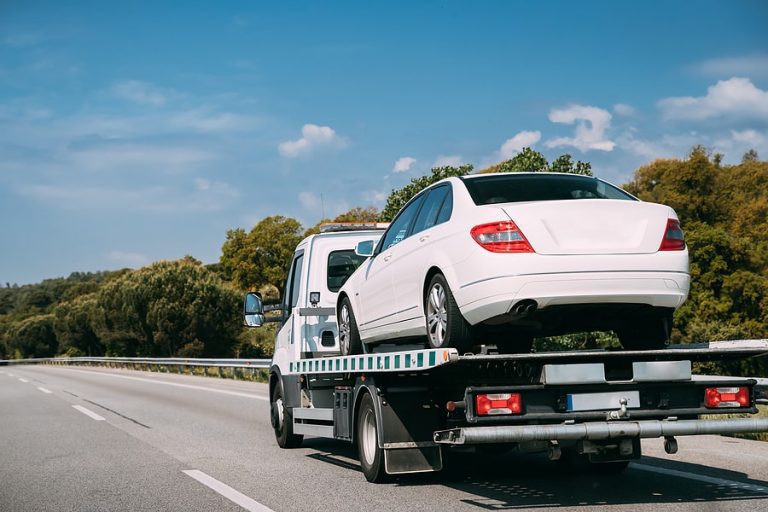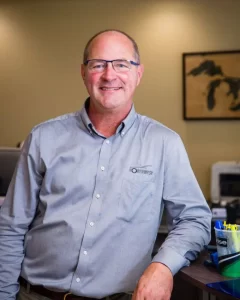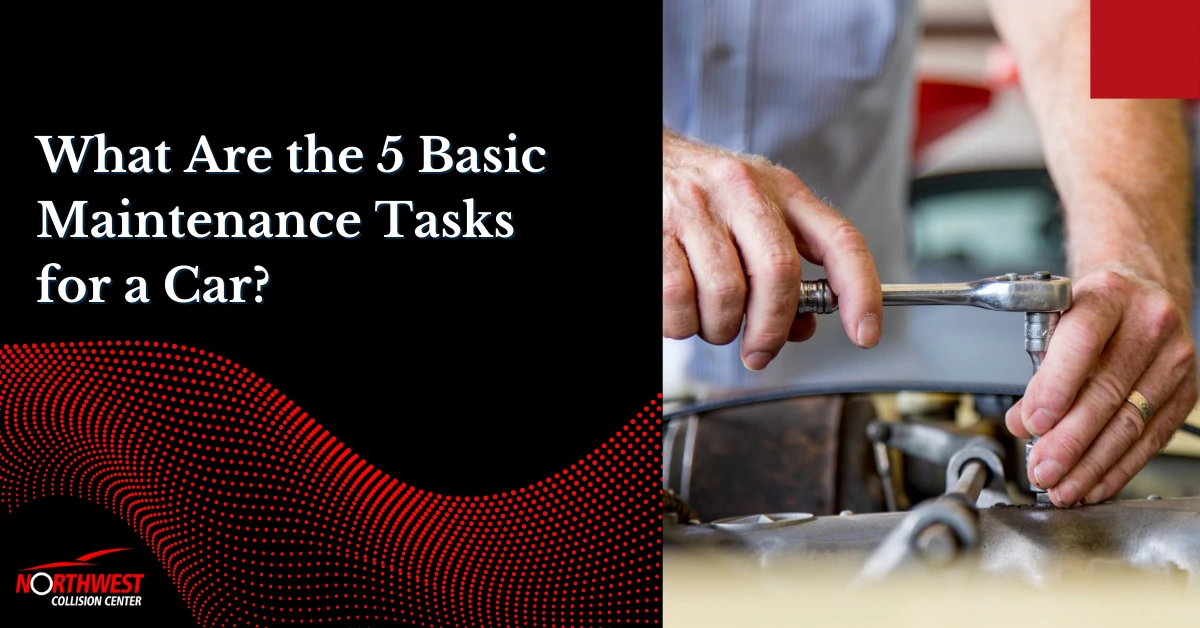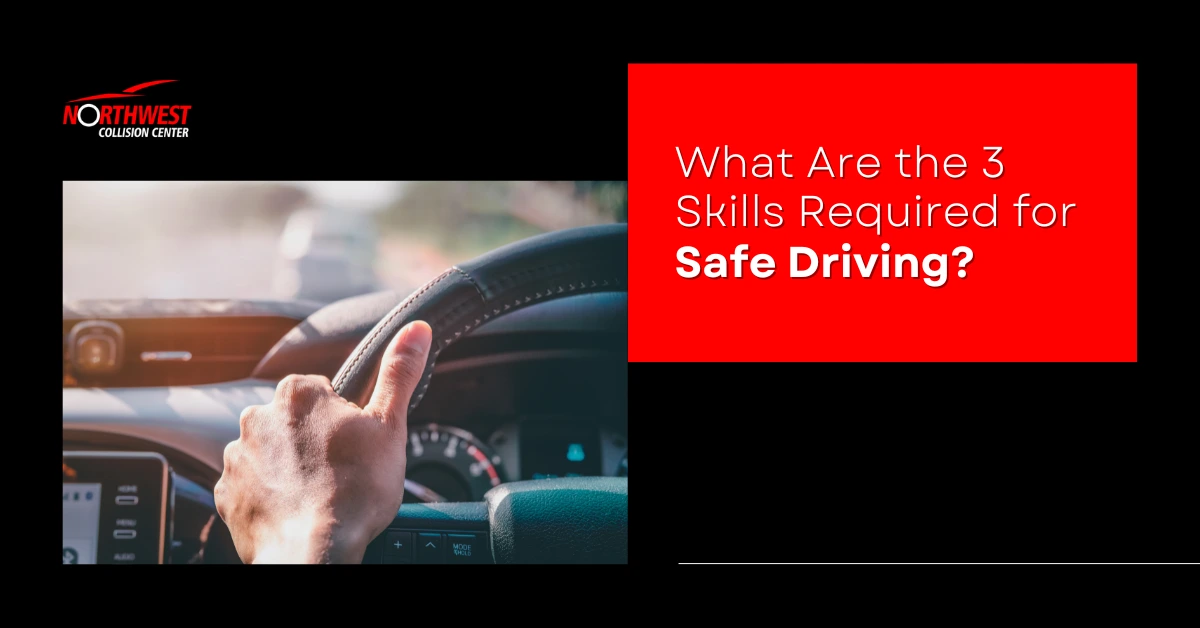You can choose your tow truck company most of the time.
You’ve been involved in a collision and it’s clear that you’re not going to be driving away in your vehicle. Hopefully, you have an established relationship with a tow truck company, or are holding a card to a company you have heard great reviews about. Unfortunately, it’s time to use that card if the conditions are right.
Sometimes police departments call tow truck companies that they regularly work with, or are contracted with, so it’s important to inform the police that you would like to call your contact before they arrange the tow on their end. However, you must first take into consideration the conditions around you. If your vehicle is blocking traffic or needs to be moved immediately the officer may inform you that they must use the first available tow truck.
You can choose your shop.
You can tell the tow truck driver where you want your vehicle taken, as long as there aren’t legal matters pending, such as police impound. Without your input, tow truck drivers usually take your vehicle to shops they own, are affiliated with, or have contracts with. If you don’t speak up, this could cost you more money in the long run. A separate towing fee to transfer your vehicle, plus storage fees, could be imposed. Why not cut out the pit stop all together?
Do you need help locating your vehicle?
In medical emergencies, it is the police officers’ job to take responsibility of your vehicle when you are unable. Usually the tow truck driver will leave his/her card with you, but if they aren’t able to, contact the involved police department and arrange to have your vehicle towed to the auto body shop of your choice.
Too many drivers have complained that they have had to work with shady shops with poor customer service because they didn’t know they had a choice. Instead of asking who is towing your vehicle, and where is it going, be prepared to give those answers.










